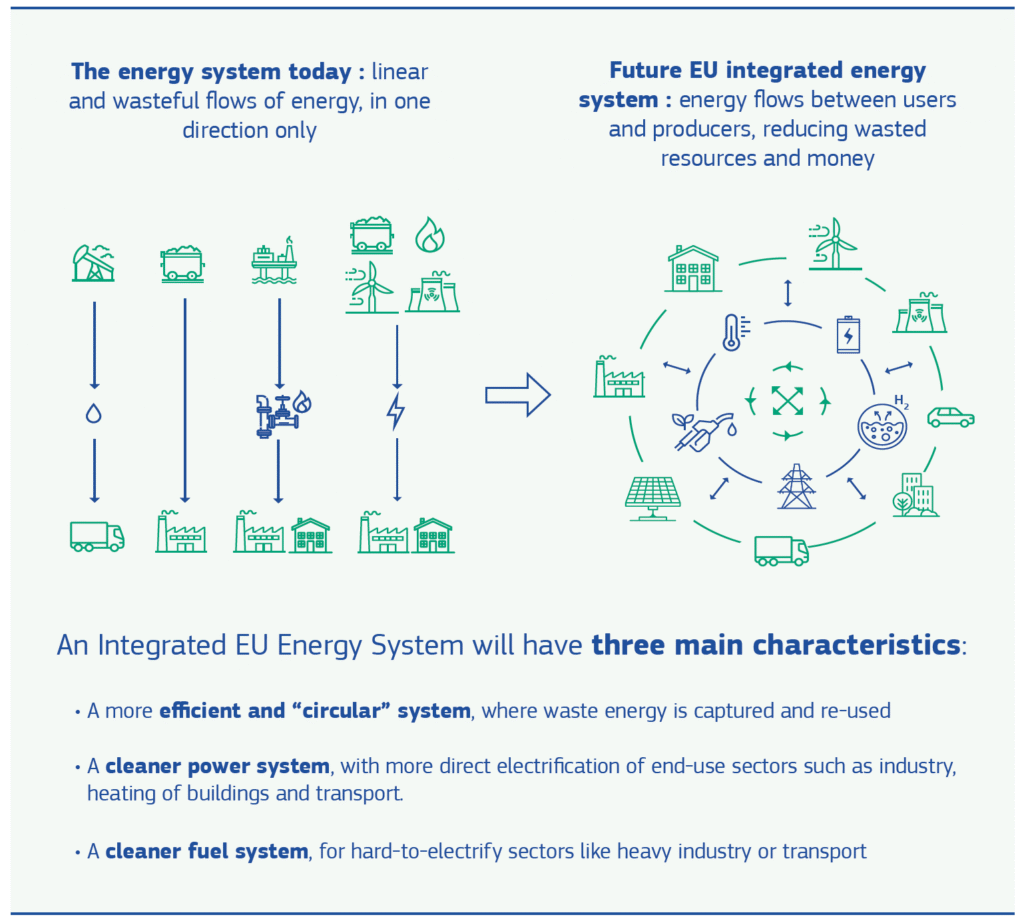European Energy Integration: Removing Barriers on Europe’s Energy Map
“Our shared goal is a safer, more interconnected, and climate-neutral European energy system that benefits all member states.”
Stavros Papastavrou, the Minister of Environment and Energy, took center stage at the opening ceremony of the Green Transition Forum 2023 in Sofia, Bulgaria. This event, focusing on “Enhancing Competitiveness and Innovation in Central and Eastern Europe,” featured notable figures like European Commission Vice President Roxana Minzatu and Bulgaria’s Energy Minister Zheko Stankov. Most importantly, it included former Italian Prime Minister Enrico Letta, who contributed significantly to the Report on the Future of the Single Market.
Addressing European Energy Integration
During his address, Mr. Papastavrou highlighted a critical issue: the ongoing energy divide within the European Union. This divide acts as a barrier to the competitiveness of economies in Greece and across Europe. Therefore, he stressed the urgent need to activate a task force, as proposed by Prime Minister Kyriakos Mitsotakis, aimed at resolving disparities in Southeastern Europe energy prices. This task force, if realized by January 2025, could significantly impact the region’s energy landscape.
Tackling EU Energy Market Barriers
Because the EU has yet to achieve true unity in energy markets, regional fragmentation persists. Mr. Papastavrou cited a report by Enrico Letta, underscoring the necessity for a unified market to address significant challenges. “We need to mobilize investments to meet Europe’s vast needs through a more integrated and robust European financial market,” he stated. This approach aligns with the goals discussed at the World Bank’s overview on energy, which highlights global energy challenges and solutions.
Papastavrou’s Call for Action
Meanwhile, Southeastern Europe continues to face higher energy prices. These discrepancies threaten the internal market and undermine competitiveness. Greece, recognizing this issue’s importance, has successfully brought it to the forefront as a strategic political issue. Consequently, the European Commission agreed to establish a special task force to operate promptly and systematically. 🌍
Mr. Papastavrou concluded passionately, stating, “Our shared goal is a safer, more interconnected, and climate-neutral European energy system that benefits all member states. Greece is ready to step up to the plate. It’s time for Europe to take the next step.”
Finally, as part of these efforts, Minister Stavros Papastavrou and Deputy Minister for Energy Affairs Nikos Tsafos are heading to Luxembourg to participate in the European Union’s Energy Ministers’ Council. This meeting is crucial for advancing discussions on European energy integration and implementing effective energy policies.




